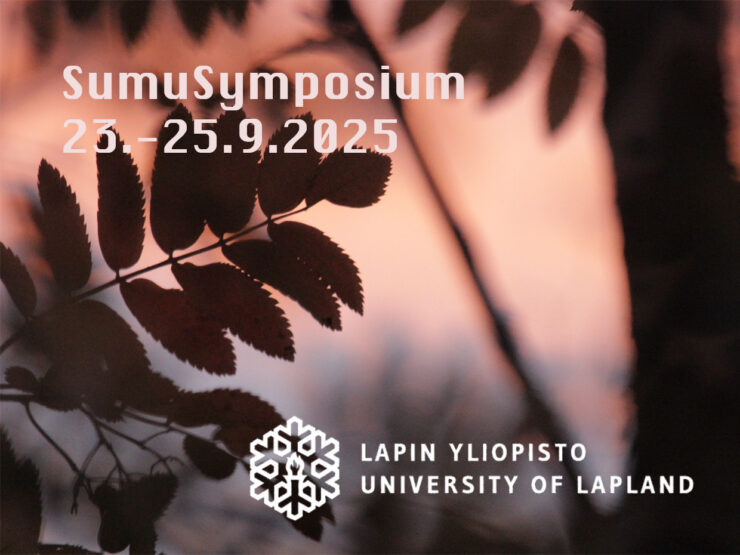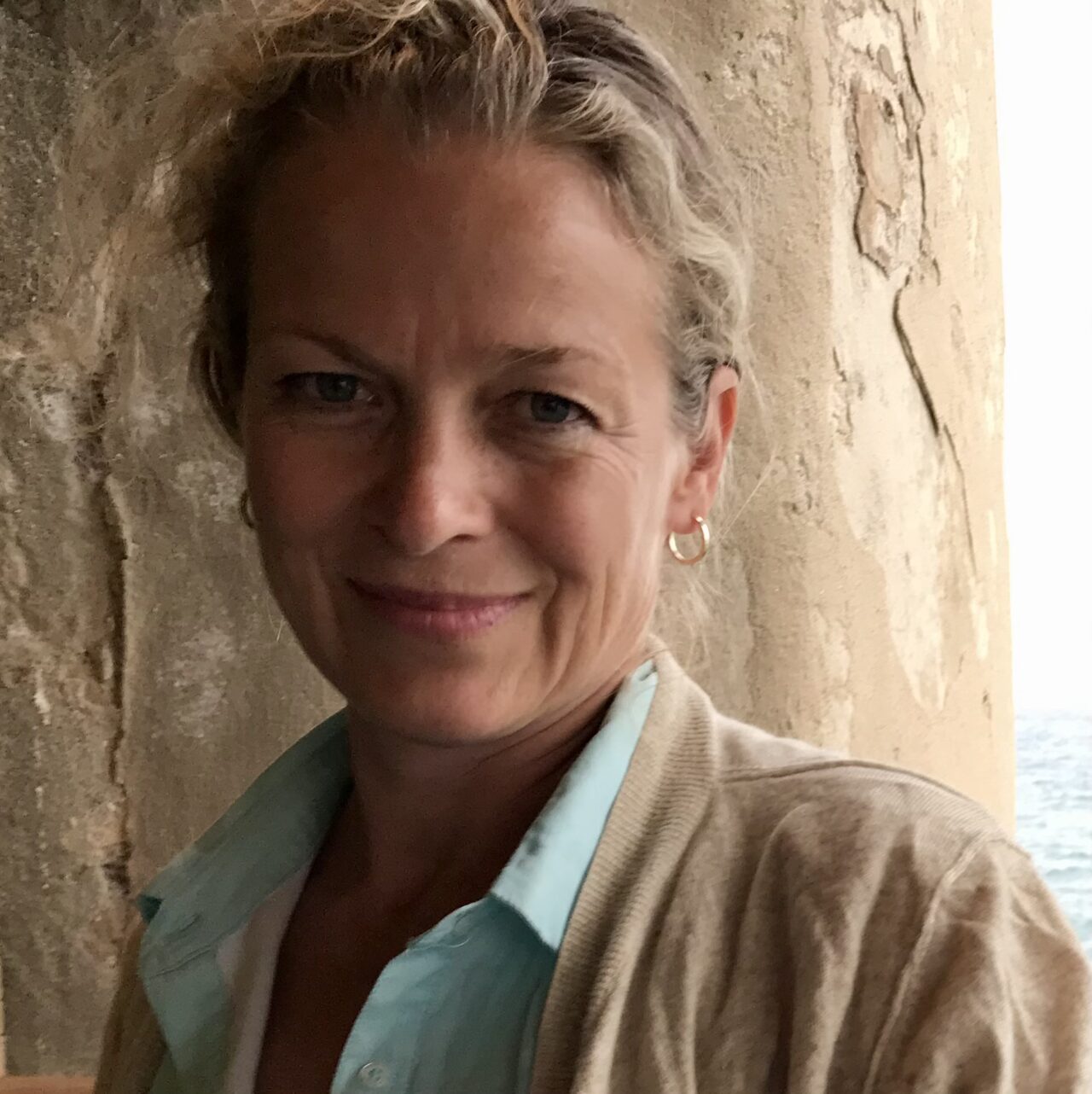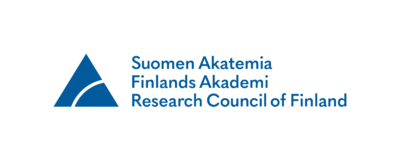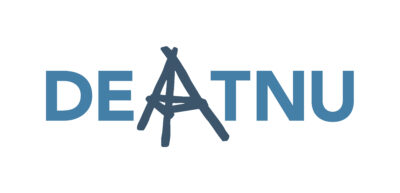Sustainable Naturecultures and Multispecies Future Symposium

Keynote Speakers
- Professor Gro Birgit Ween, University of Oslo, Norway
- Assistant professor Ragnhild Nilsson, University of Bergen, Norway & Mid Sweden University, Sweden
- BioARTech Laboratory - Professor, Dean Satu Miettinen, Professor Heidi Pietarinen, Postdoctoral Researcher Amna Qureshi, University of Lapland, Finland & Professor Melanie Sarantou, Kyushu University, Japan
Professor Gro Birgit Ween
Title: Streams of salmon knowledge

’I never thought I would experience this day’. Lately, this sentence has been repeated to me on numerous occasions by Indigenous peoples from different circumpolar locations. In less than a decade, indigenous peoples of the North have lost salmon as a bountiful, culturally vibrant companion species. In Deatnu River, we are approaching the fifth spring without salmon fishing. Other friends are in similar situations. It should be said, Northern Indigenous peoples do not engage the same salmon, but they do live with the same salmon management system, and I boldly argue that this has produced the current state of crisis. There are particular reasons for this. In this paper, I pay attention to the salmon in River Deatnu. I use the collaborations between fishermen, fishermen’s associations and the Finnish and Norwegian management institutions as an example, investigating the human-animal assemblages produced in global salmon management biology. I am concerned with the optics involved in the framing of relations between humans, animals and landscapes. I follow fishermen’s ongoing efforts to document and bring attention to how salmon otherwise can be known and engaged, in ways that allow new visions, with capacities for change.
Gro Ween is professor of Social Anthropology at the Museum of Cultural History, University of Oslo. She has collaborated with Indigenous peoples in Sápmi, Nunavut, Alaska and Australia. Her work involves both conflicts over natural resource management, often involving epistemological differences regarding landscapes, and relations between humans and animals. Ween has also contributed to repatriations and often publishes on initiatives seeking to decolonize the museum. Among relevant publications that she has contributed to are ‘Domestication Gone Wild: Policies and practices of multi-species relations (Swanson, Lien and Ween, Duke 2018), Control: Attempting to tame the World (Ween and Lundblad, Pax 2022).
Assistant professor Ragnhild Nilsson
Title: How to share land – Sámi norms of relations

Sharing land with humans and non-humans is not so much about governance as about relations. This talk will focus on Sámi norms of relations connected to how to use and share land with others, analysing theories of indigenous law and empirics from the late 17th century until today. The talk summarizes some of the knowledge from the research project “Sámi norms and Sámi law, a challenge to existing national governance systems and laws?”
Ragnhild Nilsson is a post-doctoral researcher at the Department of Comparative Politics at the University of Bergen and assistant professor in political science at Mid Sweden University. Her research interests span from Sámi Parliament election studies, Sámi political representation and Sámi self-determination to Sámi norms and Sámi law. Nilssons most current research is part of the ERC funded project “Contested frontiers: Understanding the metapolitics of settler-state peripheries (CONFRONT)”.
BioARTech Laboratory - Professor, Dean Satu Miettinen, Professor Heidi Pietarinen, Professor Melanie Sarantou & Postdoctoral Researcher Amna Qureshi
Title: Creating and Performing with Multispecies

This keynote introduces case studies and discusses theoretical underpinnings of creating and performing with multispecies. The researchers of the BioARTech Laboratory are Heidi Pietarinen, Satu Miettinen and Amna Qureshi from the Faculty of Art and Design at the University of Lapland (Finland) and Melanie Sarantou from Kyushu University (Japan). The BioARTech Laboratory focuses on developing new knowledge about bioart, seeking to create activities combining bioart, fashion and textile art, and creative research, such as arts-based enquiry. The technologies used include biotechnological methods, biomaterials, smart textiles and new materialism. The BioARTech laboratory aims to explore biomimicry, or mimicking behaviour or knowledge obtained from nature and other species and transforming it into design or innovation. Another key aim of the laboratory is to explore the notion of biophilia, a term that was established by E.O. Wilson in 1984 and refers to humans’ positive responsiveness to nature, which is based on shared genetics between humans and nature.

